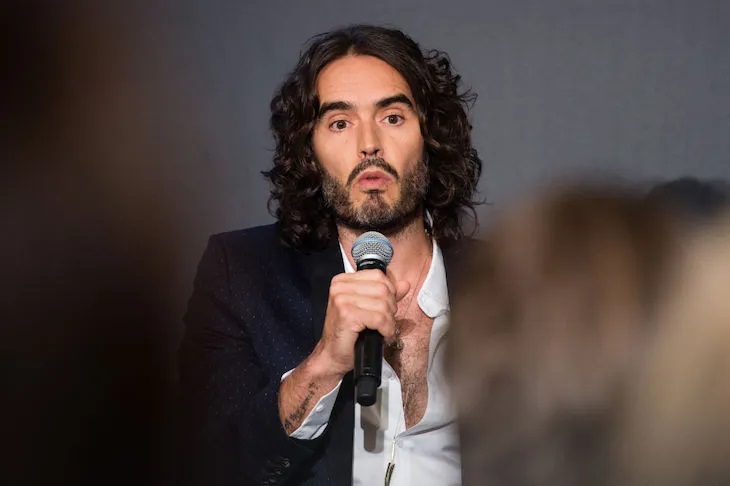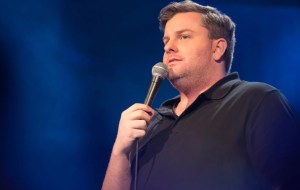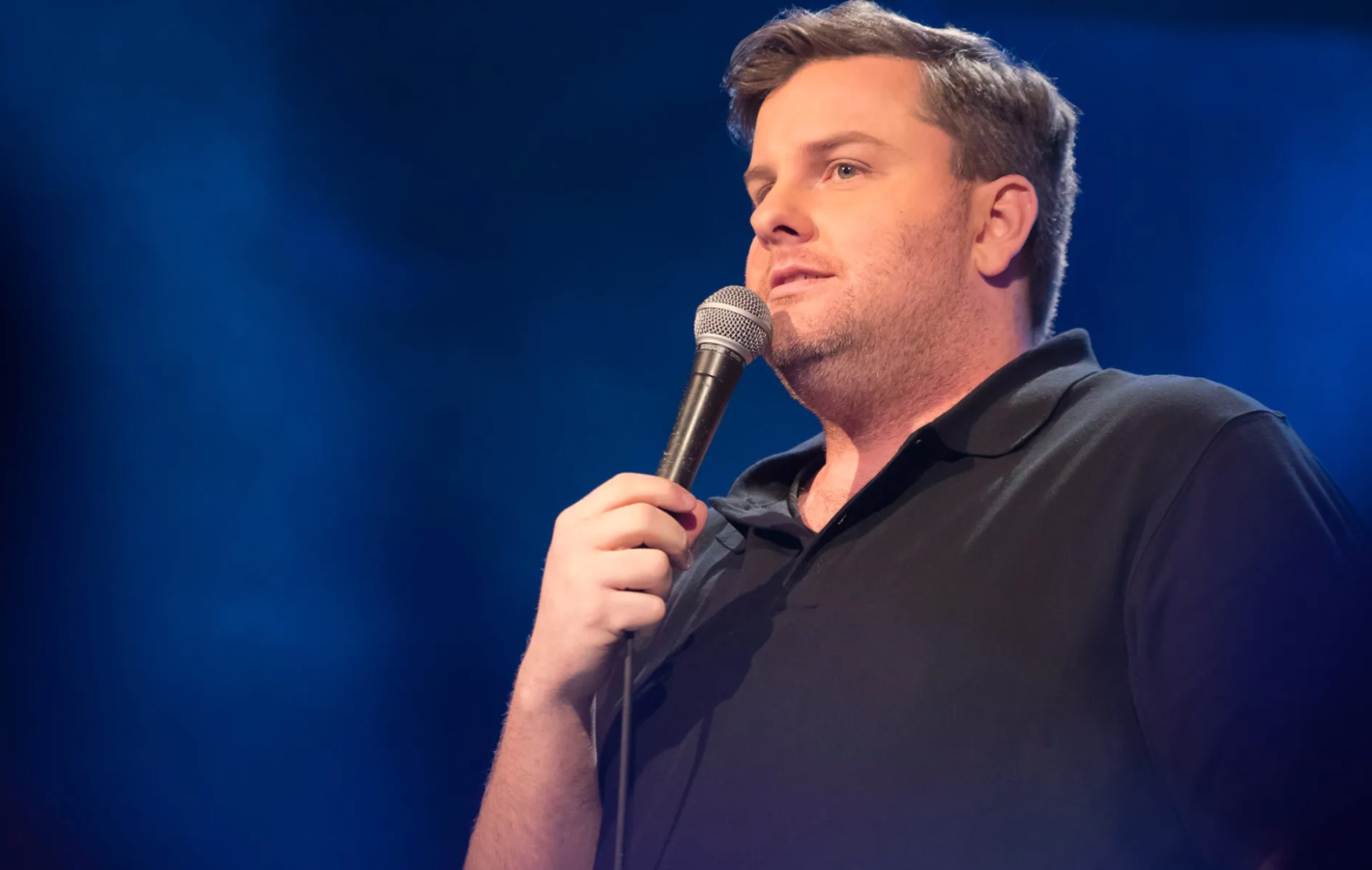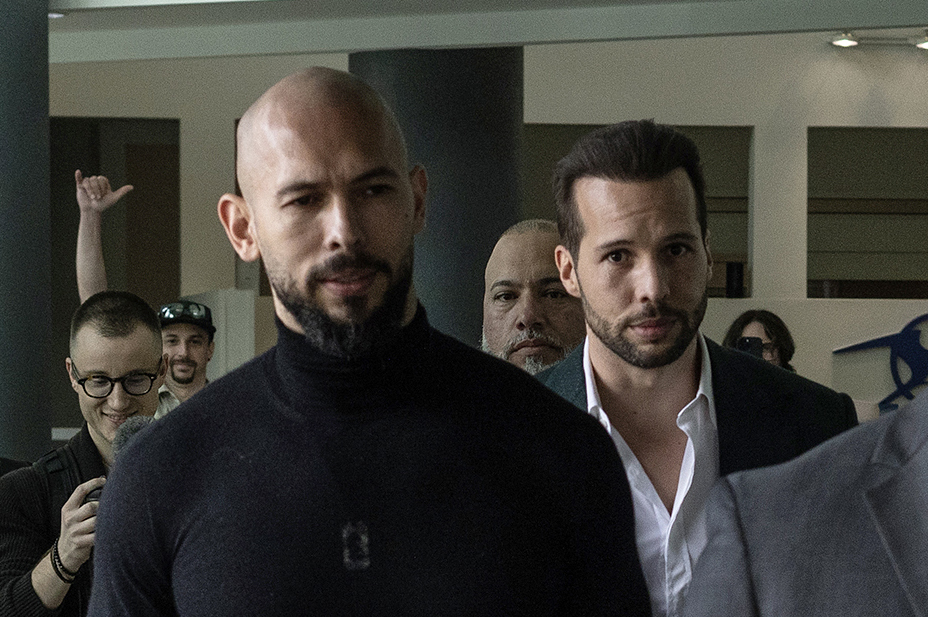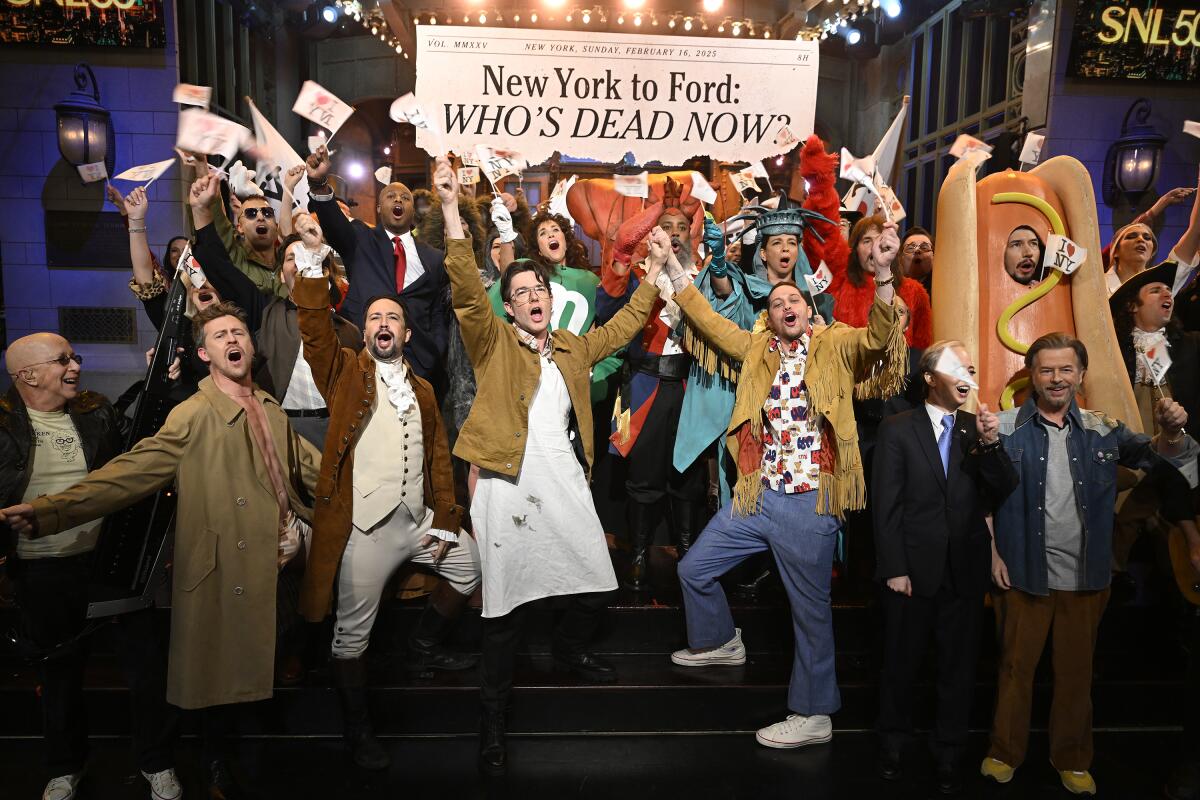It has now officially all gone wrong for stand-up’s sex god. Ahead of Saturday night’s Channel 4 documentary about Russell Brand, and the newspaper disclosures in the Sunday Times, there was speculation that the witnesses could be opportunistic attention-seekers. The first complainant demolished that idea. On the same day as her alleged encounter with Brand, she visited a rape crisis center, according to medical records, and accused him of wrongdoing. If the case reaches court, her testimony could be hard for Brand — who denies the allegations against him and has said his relationships have all been consensual — to explain.
One oddity of the Dispatches documentary was the identity of the chief accuser: Brand himself. We saw him making gross statements in public that sounded like throwaway satire. On TV, he told a guest, “don’t be afraid of your own sexuality. Do be a bit afraid of mine though.” He told an American talk-show host: “You don’t want to be around when the laughter stops.”
Brand was never censured for this banter. His fans laughed along. Why would a handsome, intelligent, rich and amusing superstar need to prey on women? His lighthearted attitude toward rough sex had to be a joke, right? A spot of laddish exaggeration to titillate the gallery. He was excused because his audience regarded themselves as cynical, worldly sophisticates. A BBC clip showed him unequivocally denying sexual malpractice. “Don’t get so worked up about it,” he said. “It’s only a rhetorical device, my dear.” The questioner was Emily Maitlis.
Brand is an anthropological oddity, a mass of contradictions. At first glance, he’s as sexy as Heathcliff. Those cavernous, tortured eyes, that brooding, sculpted profile, the dark crown of uncombed hair, and the ripped-open shirts that reveal a suntanned torso hugged by a silver studded belt. And physically he’s not intimidating. His vocal pitch is high, girly even, and his mannerisms suggest the fey and sexually inert Kenneth Williams. He’s a hunk who talks like a hairdresser. He affects a dated Dickensian accent and he has a preference for scholarly vocabulary, and these quirks which place him in the harmless world of the music hall.
But is there another side to Brand? On stage he mimed having oral sex with a female who was evidently choking and weeping. He imitated the sound of her gag-reflex and he celebrated the moment when she started to sob. During his stint at BBC Radio 2, he made sexual remarks on air about a journalist.
“She’s erotic that newsreader,” drooled Brand in his lascivious, self-mocking way. “We’re going to get under that desk and we’re going to unleash hell on your thighs.”
Even more troubling was a telephone interview with Jimmy Savile who asked Brand to send over his sister for an assignation.
“I’ve got a personal assistant,” said Brand helpfully, “and…anyone I demand that she greet, meet, massages — she has to do it.”
Savile sounded keen, unsurprisingly, and Brand asked him what costume she should wear. “Nothing,” said Savile.
This locker-room jabber isn’t criminal, of course, but it profoundly damages Brand’s reputation to be heard joshing with Savile and referring to women like deliveries of meat.
A reckoning will follow across many sections of media. The world of stand-up comedy needs to straighten out its procedures. The Beeb is in hot water, yet again. Why did it consider Brand the sort of person fit to hire? Charles Moore made this point more powerfully than anyone. In 2010, he criticized the BBC for its handling of a Radio 2 broadcast in which Brand and Jonathan Ross made obscene and threatening telephone calls to the answering machine of the elderly actor Andrew Sachs. The calls were about how Brand had slept with Sachs’s granddaughter. The “joke” wasn’t funny at the time. It certainly isn’t now.
This article was originally published on The Spectator’s UK website.



